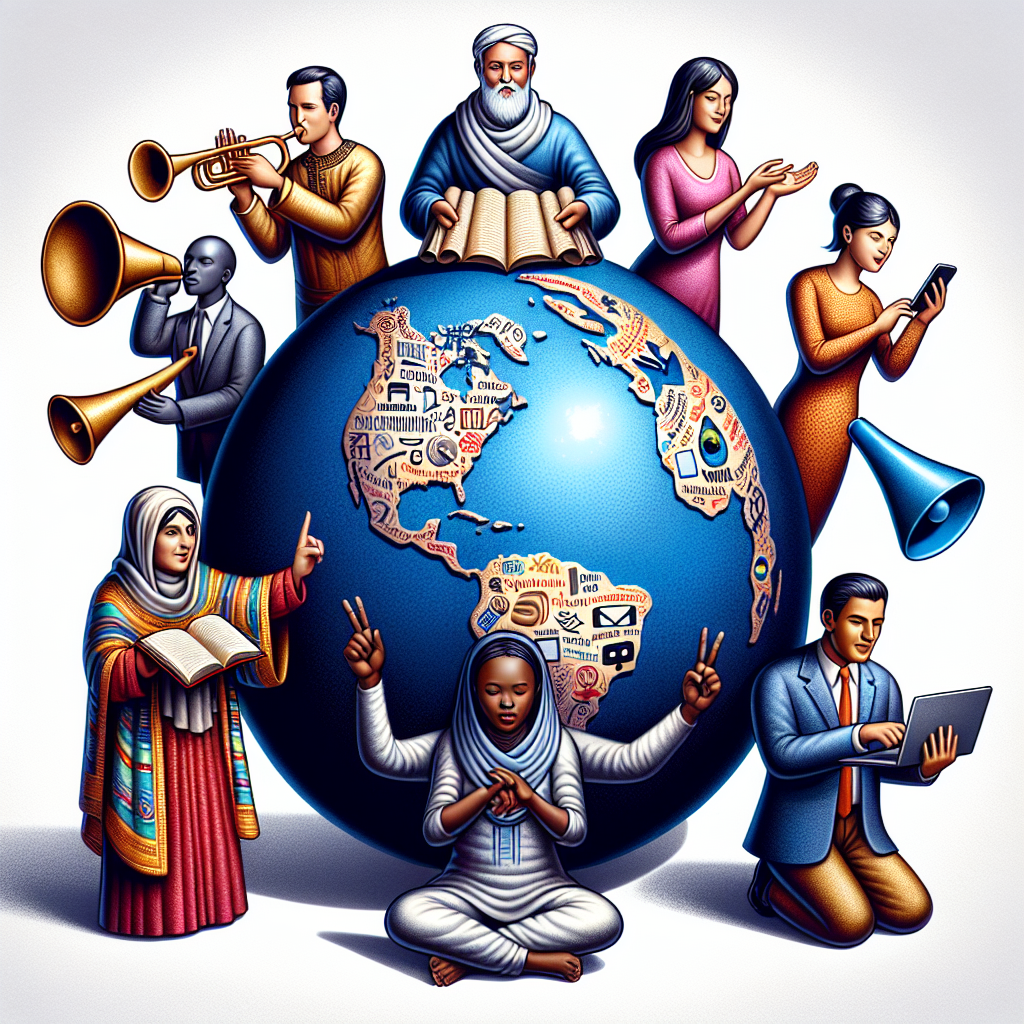Language is a powerful tool that shapes culture in more ways than we may realize. It plays a crucial role in preserving the unique identity of different cultures, while also facilitating cultural exchange and integration in our increasingly globalized world.
One of the key ways in which language preserves culture is through the transmission of traditions, stories, and values from one generation to the next. By speaking a particular language, individuals are able to connect with their cultural heritage and maintain a sense of belonging within their community.
However, globalization effects have also had an impact on how language shapes culture. As people from different linguistic backgrounds come into contact with one another, there is often a blending of languages and cultural practices. This can lead to both positive outcomes, such as increased cultural exchange and understanding, as well as challenges related to the preservation of traditional languages and customs.
Despite these challenges, language remains a powerful tool for fostering cultural integration. When individuals are able to communicate effectively across linguistic barriers, they are better equipped to build relationships and collaborate with people from diverse backgrounds. This can lead to greater social cohesion and a more inclusive society.
In conclusion, the role of communication in shaping cultural identity cannot be understated. Language not only helps to preserve the unique traditions and values of different cultures but also facilitates cultural exchange and integration. By recognizing the importance of language in shaping culture, we can work towards building a more connected and inclusive global community.

Leave a Reply